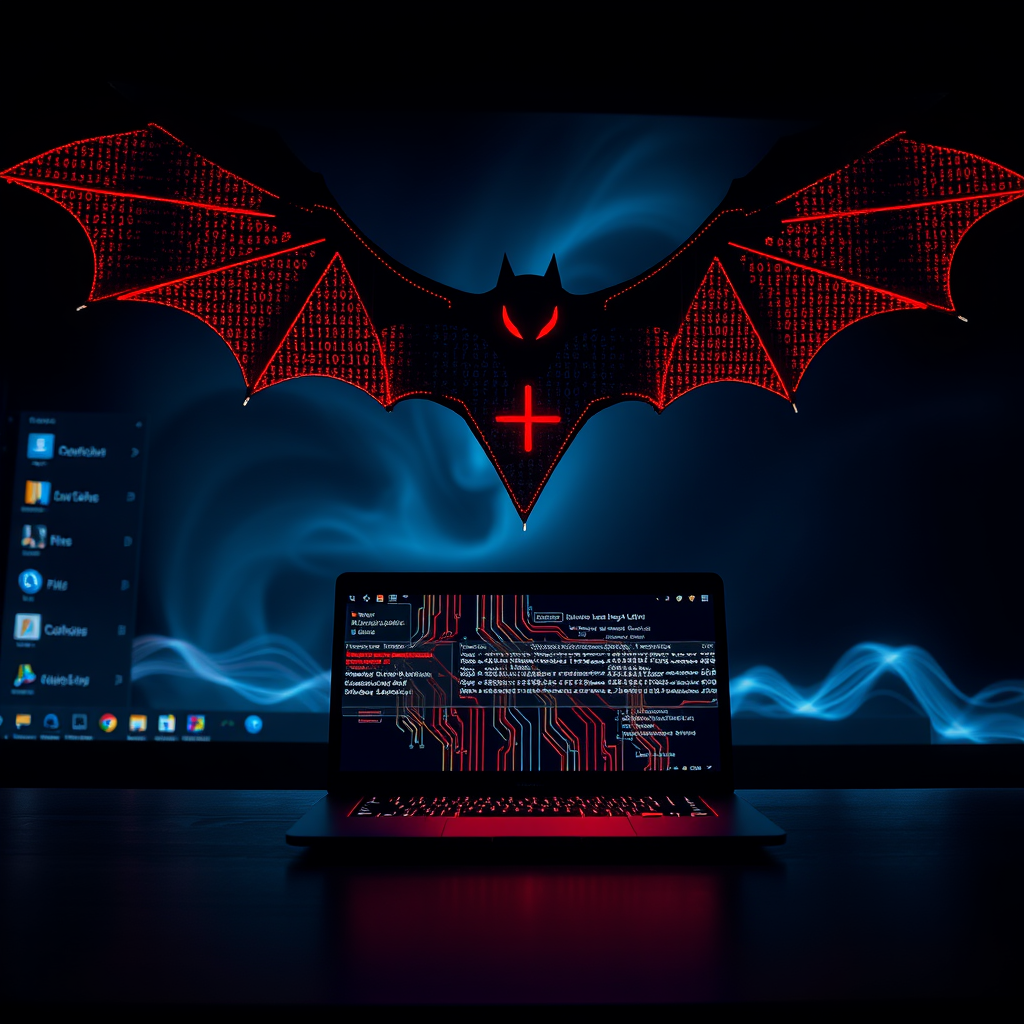A recent security discovery has shaken the Windows 11 landscape with the launch of Batavia, a sophisticated zero-click exploit targeting kernel vulnerabilities. What makes this threat particularly alarming is its ability to execute malicious code remotely, without any need for user intervention. Attackers can send specially crafted network packets that trigger this vulnerability, potentially leading to complete system compromise.
This means malicious actors could access sensitive data, control critical system components, and bypass standard security measures. The impact could be felt across both enterprise networks and personal devices, emphasizing the need for swift action.
Headline measures to combat Batavia include applying the latest security updates released by Microsoft and reinforcing network defenses through strict filtering. These steps are vital to thwart potential exploits leveraging this vulnerability.
As cyber threats evolve, staying informed and prepared remains crucial. Organizations and individuals should prioritize patch management and comprehensive security practices to mitigate risks associated with emerging zero-click exploits like Batavia.
In a landscape where hackers continue to develop stealthier attack methods, proactive cybersecurity strategies can be the difference between a breach and a resilient defense.
